Actress speaks out against 'casting couch culture'
- Published

In a note that she titled "Needs to be said", South Indian actress Varalaxmi Sarathkumar opened up on Twitter, about the issue of sexual harassment within the film business.
Varalaxmi, who works in the Tamil film industry, wrote that in a recent working meeting she had been propositioned by a programming head of a leading TV channel.
"Towards the end of the half hour meeting, he asked me, 'So when can we meet outside?' To which I replied, 'Regarding some other work?' He said, 'No... for other things'," she said in a post, external that has been liked thousands of times.
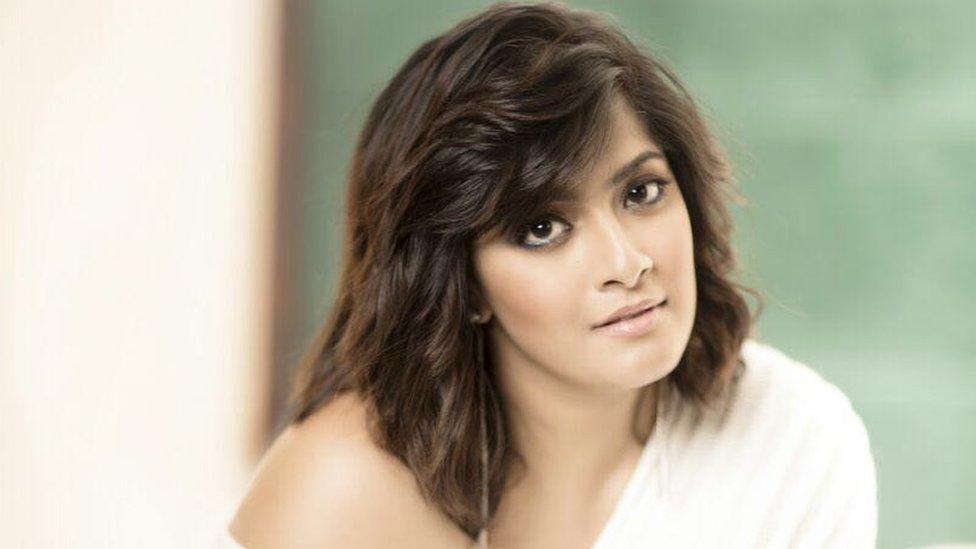
She declined the offer, writing: "I didn't come to the industry to be treated like a piece of meat."
"Women in the film industry have accepted the fate of the 'casting couch'," Varalaxmi told BBC Trending, referring to the widely alleged practice whereby actresses are given parts in films in return for granting sexual favours.
"They act like it's like normal," she says.
"So when I spoke to people about my experience they said, 'But, the film industry is this way, why did you enter it?'
"But I and the other actresses in the industry have entered it because we're passionate about acting. I don't think it means if you're passionate about acting you have to sleep with someone."
The actress didn't reveal the identity of the alleged harasser, but said the incident was only the "tip of the iceberg".
Varalaxmi's words received support from many on social media - including from fellow actress Rupa Manjari.
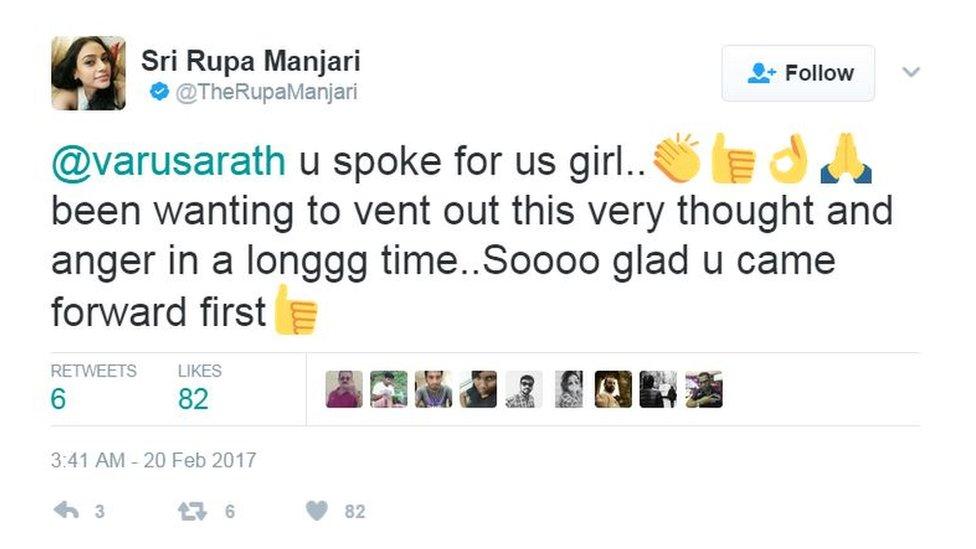
The post was published two days after the alleged abduction and rape of a fellow popular Indian actress in the southern Indian state of Kerala. The actress, who has not been named, told police that she had been attacked inside her car by three strangers who flagged down her vehicle as she was being driven to work.
The news sparked outrage on social media, as well as at a rally attended by some of the most prominent members of the Indian film industry, demanding that more be done to protect women.
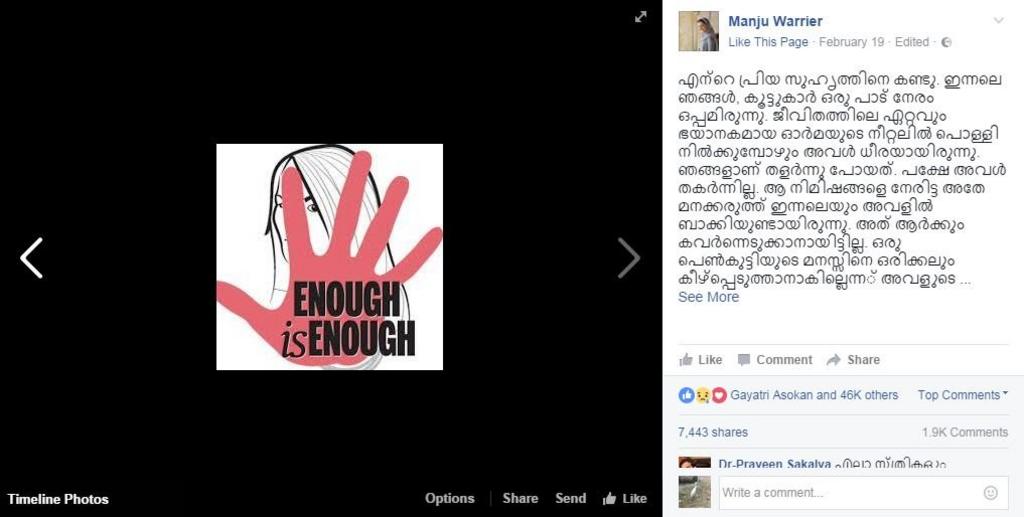
Fellow South Indian actress Manju Warrier expressed her outrage on her Malayalam Facebook page, saying "I pray to god that it doesn't happen to any other girl."
"It's very unfortunate what happened to her. No woman should be violated the way she was," Varalaxmi says. "But there is hypocrisy within the film industry, because while we condemn the act, people are reluctant to say that part of the industry is also like this.
"When something happens to a celebrity, justice is immediate," Varalaxmi tells Trending.
"The police find the culprits immediately, the verdicts are passed really, really fast. But if it happens to a laywoman, it takes twice as long."
Laljy.K., the Assistant Police Commissioner of Ernakulam, near where the alleged rape took place, told BBC Trending that Sarathkumar's assertion was mistaken, and that police in the region were committed to the safety of all women.
He added that an anti-harassment help number, external had been opened and more police cars assigned since the incident, in order to assist all women.
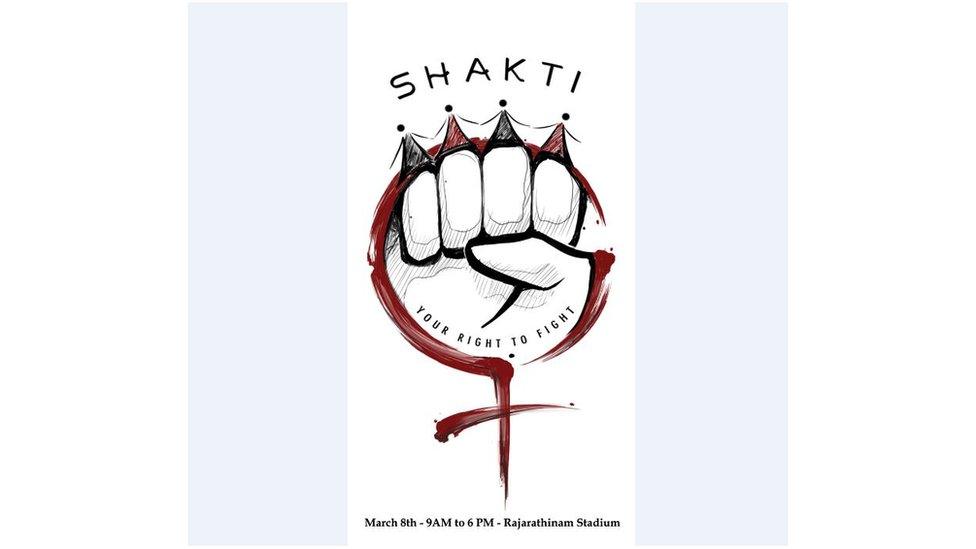
Sarathkumar's campaign to help the Indian women who are subject to harassment is called Shakti, meaning "to be able"
Varalaxmi is also campaigning, organising her own rally in Chennai on 8 March, International Women's Day, in order to raise awareness and demand for tougher punishments for those who harass women in India.
"Probably abroad women are taught to be a little more liberal, but down in India, although we say we're liberal, we're not there yet," she says. "Women are taught that if anything goes wrong, we are supposed to feel ashamed of it.
"It's the mindset that we have to change."
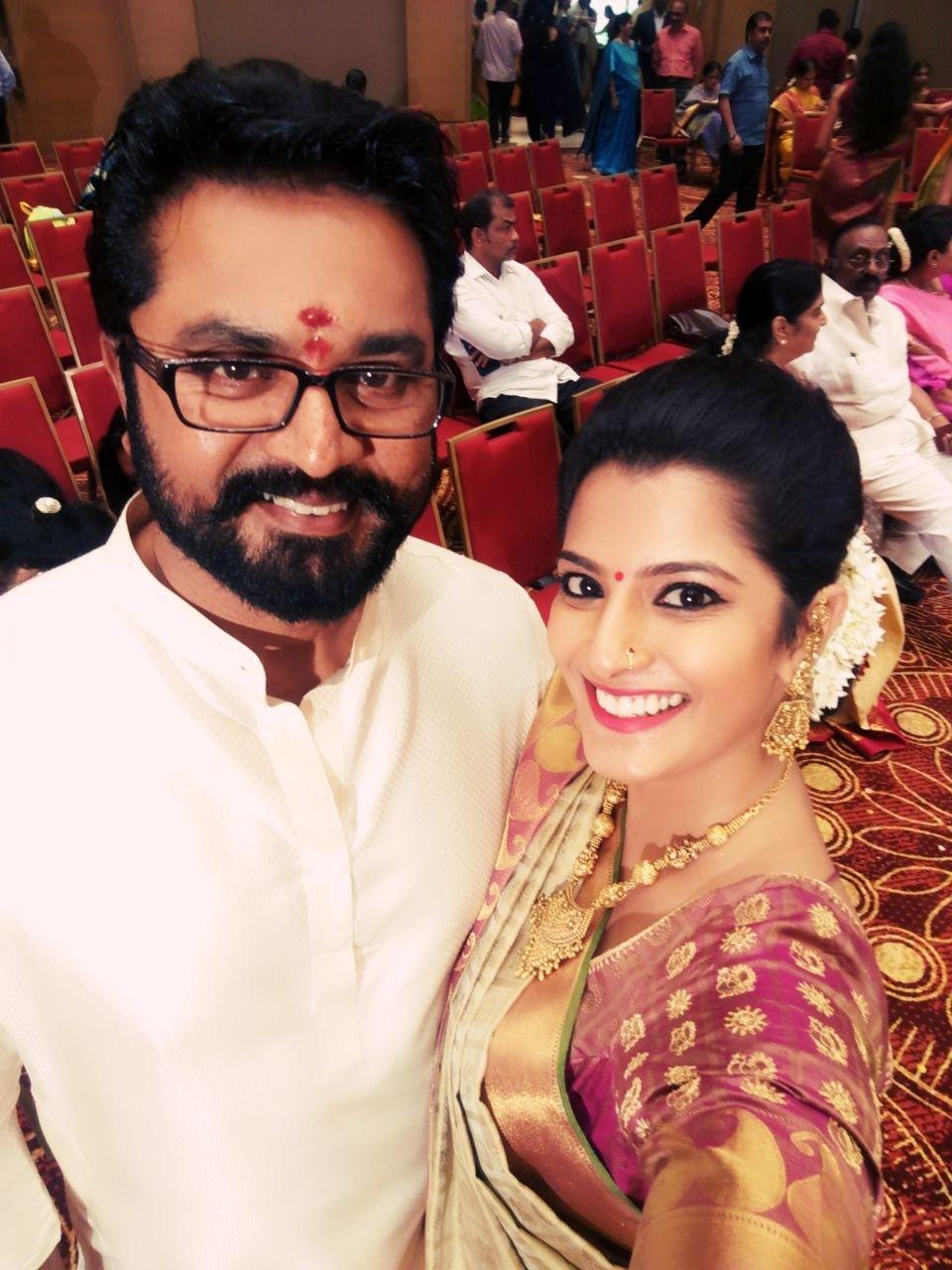
Varalaxmi and her actor father Sarathkumar are prominent members of the South Indian film industry
Varalaxmi, whose father Sarathkumar is also a prominent actor, adds that her family's standing and security meant she could say no. But she tells BBC Trending she's aware that is not a privilege afforded to other actresses.
"I was fortunate that I could say no, but there are other women who may have to give in to the request, because they come from backgrounds where you need the work."
But how big a problem within the film industry is this?
"It happens all the time, but we've been conditioned not to talk about it. We are taught to feel shame if it happens to us.
"I'm not playing victim here. I'm just speaking out about my experience in order to stand up for all the women who can't stand up for themselves."
Blog by Megha Mohan, external
Next story: Transgender dolls and all that Jazz
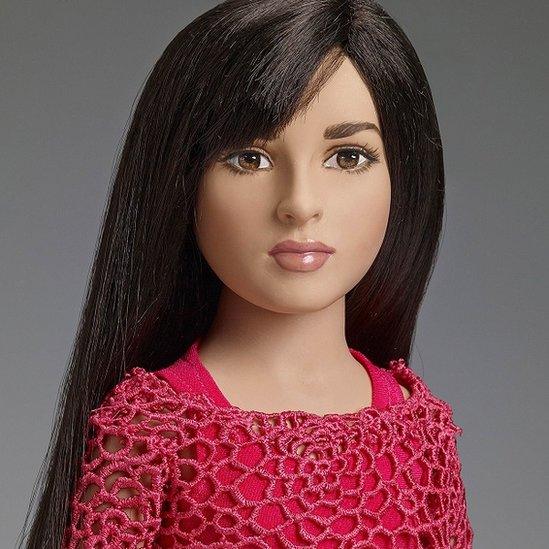
What has been described as the first transgender doll has gone into production in the US. READ MORE
You can follow BBC Trending on Twitter @BBCtrending, external, and find us on Facebook, external. All our stories are at bbc.com/trending.